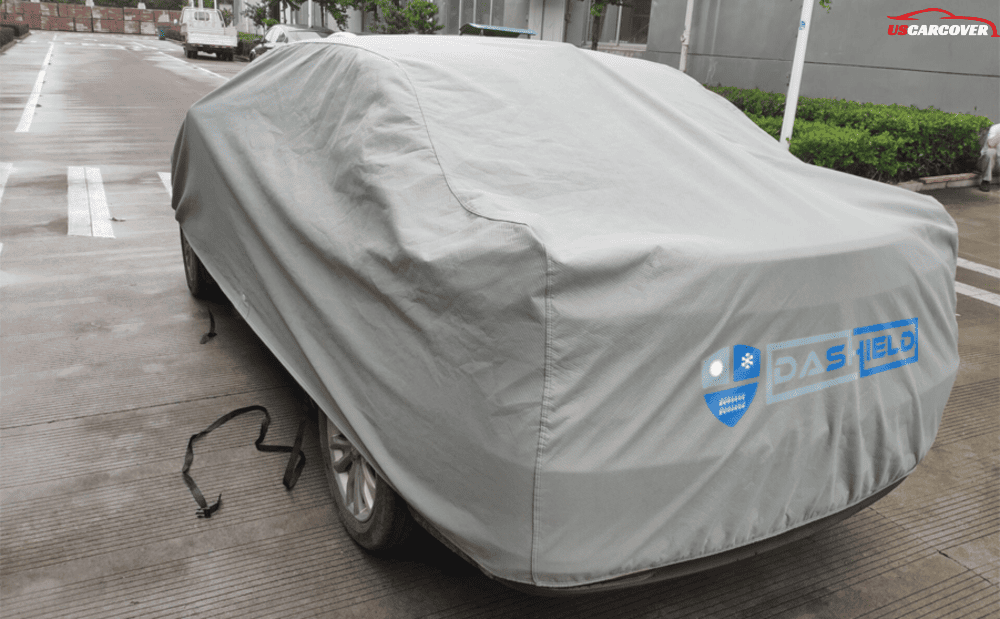
Car covers are essential for protecting your vehicle and maintaining its pristine appearance. Every day, cars are subjected to various threats from environmental elements, including harsh sunlight, heavy rain, and dust. These factors can lead to fading paint, rust, and other damage that significantly reduces your car's value.
By acting as a protective barrier, car covers effectively safeguard your vehicle from these elements and everyday wear and tear. In this article, we will explore how car covers prevent damage, ensuring your investment remains in top condition for years to come.
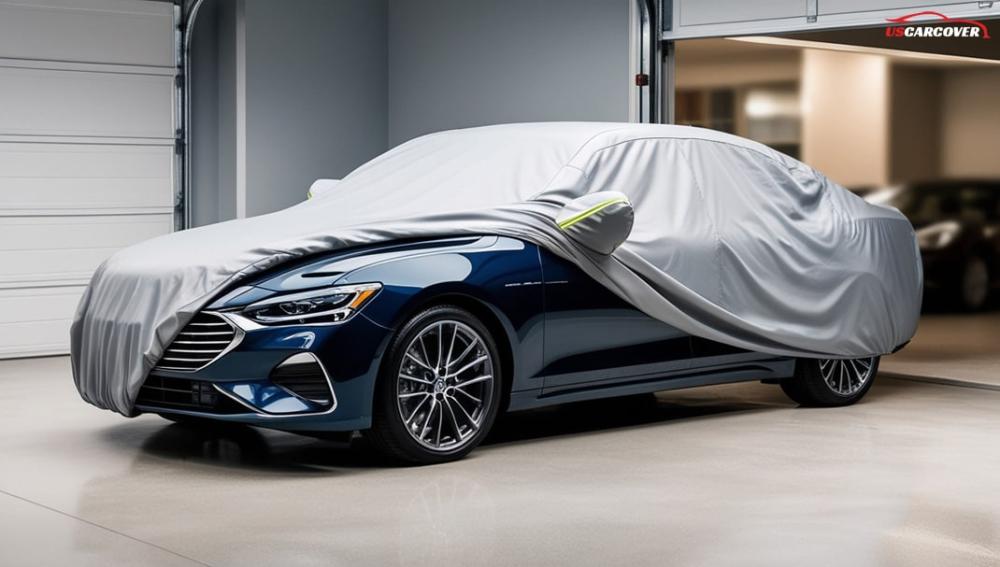
Understanding Car Covers
What are Car Covers?
Car covers are protective sheets designed to fit over vehicles, shielding them from environmental elements like UV rays, rain, dirt, and debris. They come in various styles and sizes to accommodate different vehicle types, from sedans to SUVs. These covers can be categorized into two main types: indoor car covers, which focus on protecting against dust and scratches, and outdoor car covers, which provide heavy-duty protection against weather and harsh conditions.
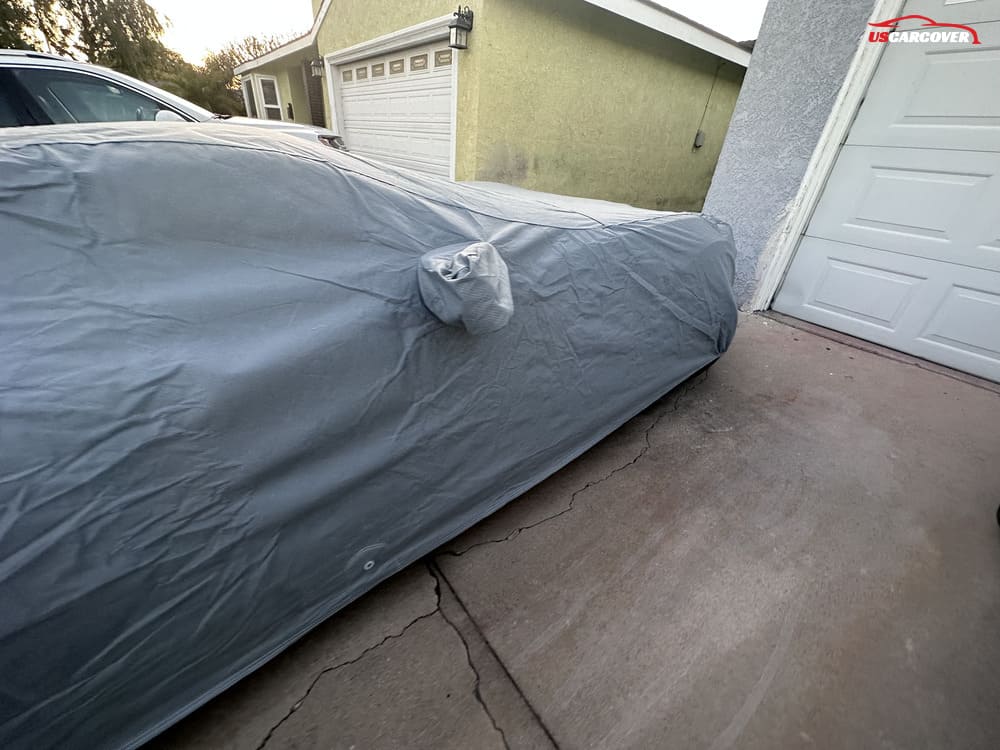
Related articles: Types of Car Covers: What Are Best for Your Car
Materials Used in Car Covers
Car covers are made from a range of materials, each offering distinct benefits. Common materials include:
- Polyester: Lightweight, water-resistant, and UV-protective, ideal for both indoor and outdoor use.
- Polypropylene: Breathable yet durable, protecting against dust, moisture, and mildew.
- Fleece-lined fabric: Soft on the inside to prevent scratches, perfect for delicate finishes.
- Vinyl: Known for its weatherproof qualities, great for extreme outdoor protection.
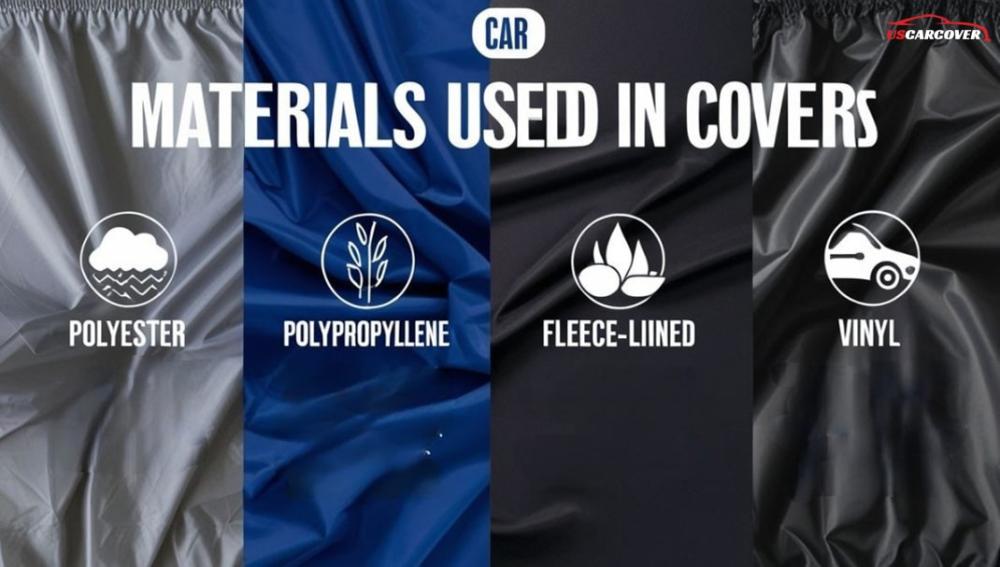
How Car Covers Prevent Damage
Protection from Environmental Elements
Car covers provide a strong defense against the elements. Rain, snow, and wind can all cause long-term damage, from water seeping into the car's structure to corrosive salt buildup in winter conditions. A quality car cover prevents moisture from penetrating, reducing the risk of rust and decay. It also blocks harsh winds, preventing debris from striking the vehicle.
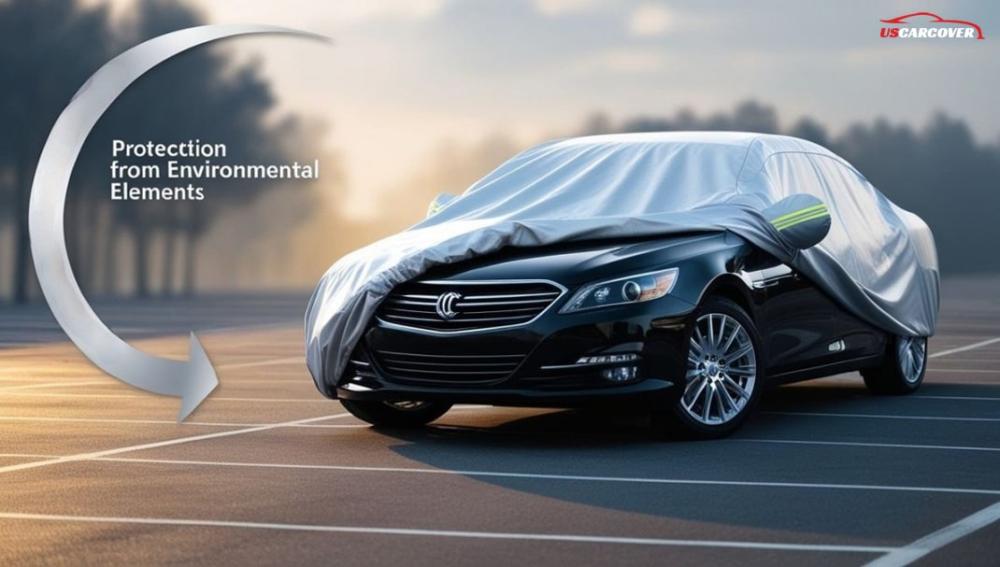
Prevention of Scratches and Dents
Minor scratches and dents can easily occur from daily activities, especially in crowded areas or garages. Car covers act as a protective layer, absorbing light impacts and preventing objects like branches or shopping carts from causing damage to your vehicle's surface.
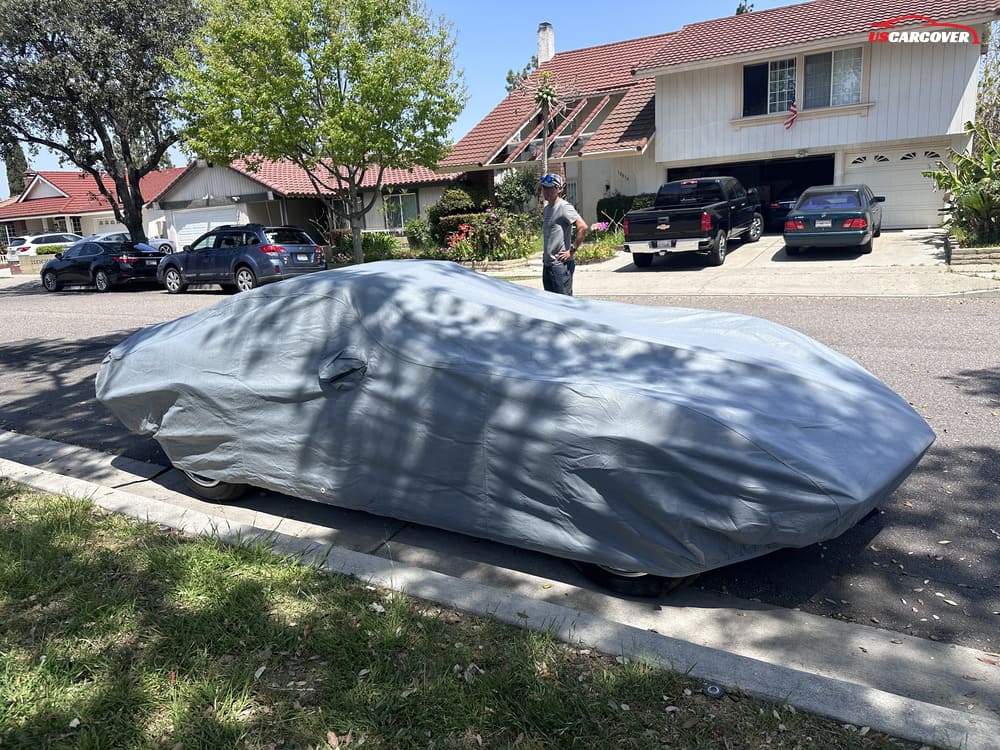
Related articles: What are Indoor Car Covers?
Shielding from Dust and Dirt
Dust and dirt particles can settle on your car, leading to a dirty, dull appearance and even micro-scratches over time. Car covers shield your vehicle from dust accumulation, keeping your car cleaner for longer and reducing the need for frequent washes.
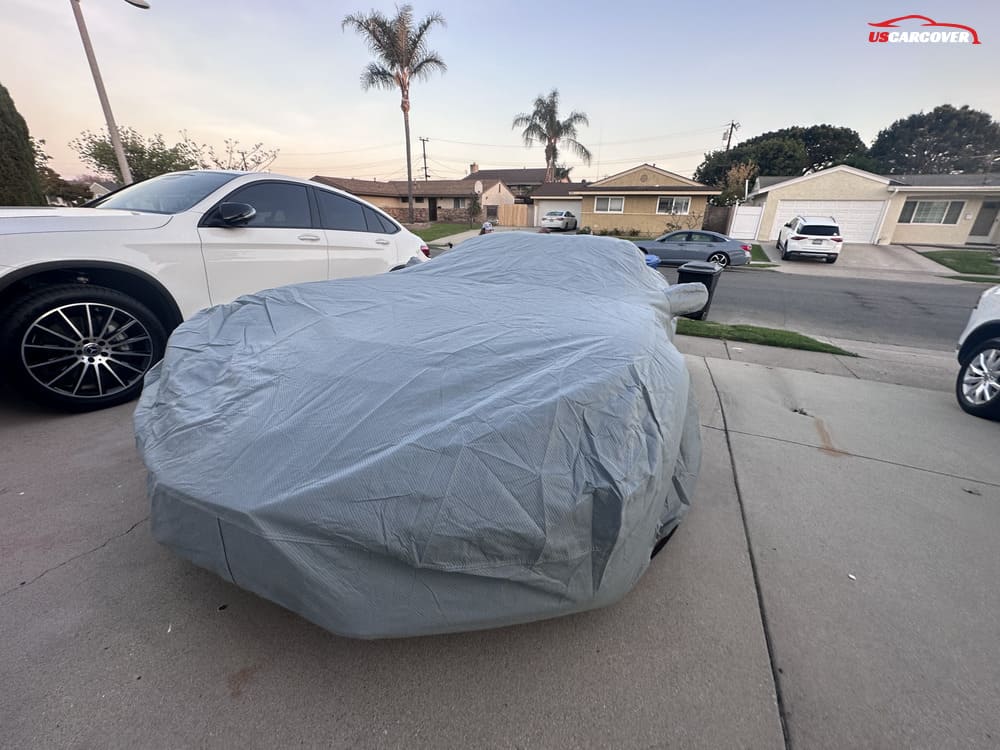
Protection Against UV Rays
Prolonged exposure to the sun's ultraviolet (UV) rays can cause your car’s paint to fade and the interior to crack. Car covers block harmful UV rays, preserving the paintwork and protecting sensitive interior materials like leather and plastic from sun damage.
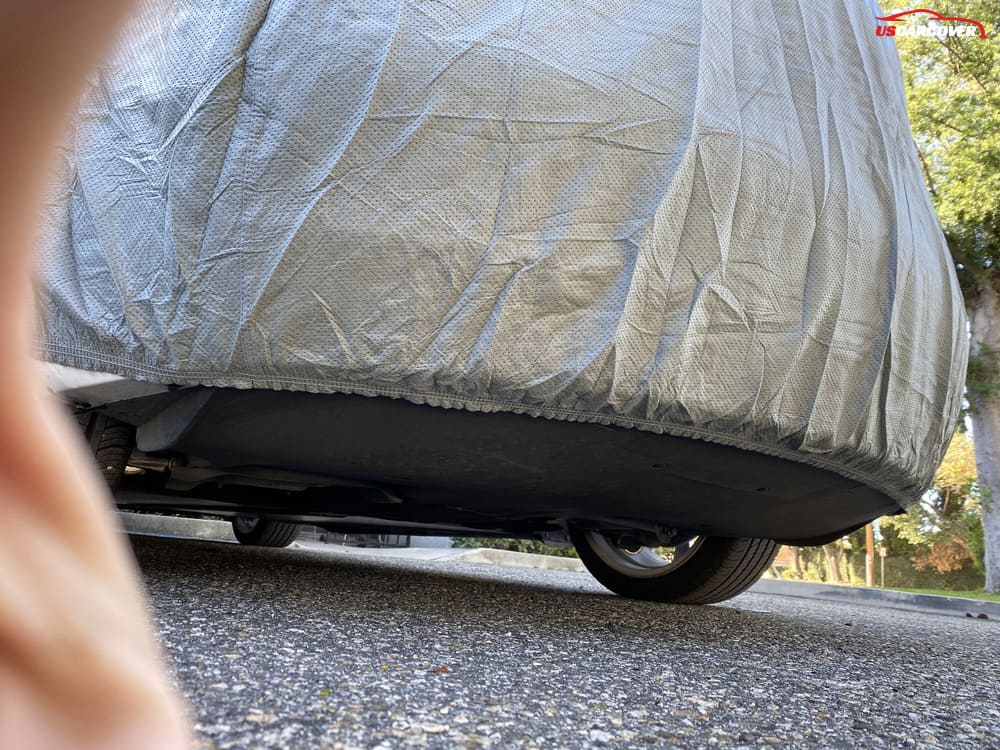
Additional Benefits of Using Car Covers
Enhancing Vehicle Longevity
Car covers play a crucial role in extending the life of your vehicle. By protecting the exterior from environmental damage and preventing rust, corrosion, and paint fading, they help maintain the car's structural integrity. This leads to fewer repairs and a longer lifespan for your vehicle.
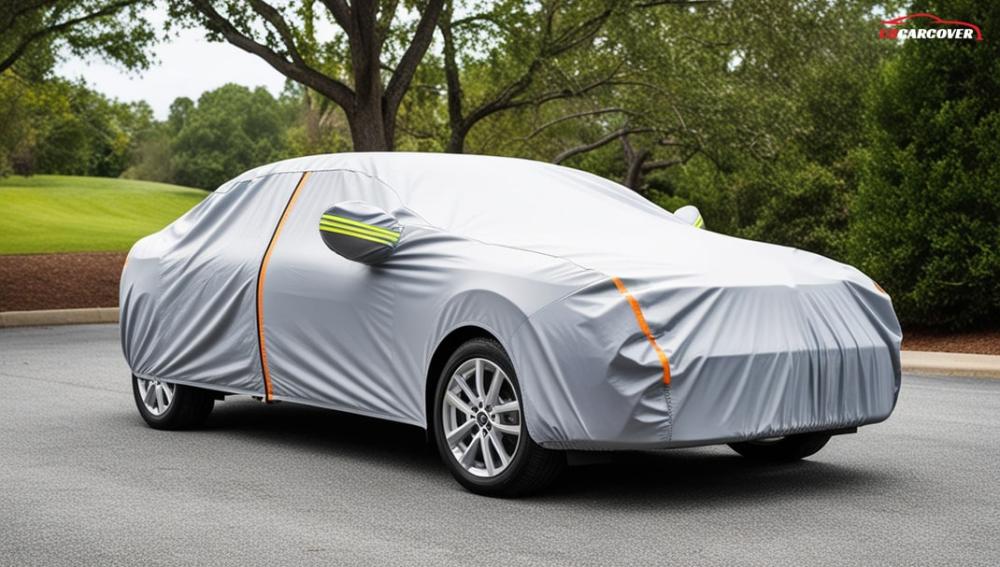
Related articles: How to Choose the Right Car Cover for Your SUV
Keeping Interior Safe
The interior of a vehicle can suffer from sun exposure and dust accumulation over time. Car covers shield your dashboard, seats, and electronics from harmful UV rays, preventing cracking, fading, and damage to sensitive materials. They also keep dust and dirt from entering, ensuring a clean and well-preserved interior.
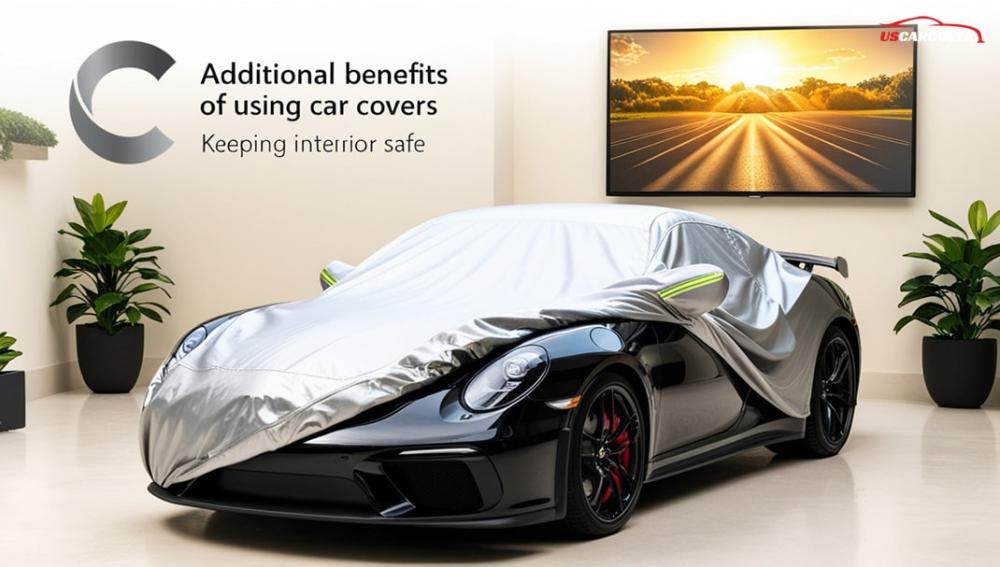
Improving Resale Value
Regular use of car covers helps maintain your vehicle’s appearance, both inside and out. By protecting the car from wear and tear, you ensure that it stays in better condition for longer. A well-maintained vehicle with minimal external damage will always fetch a higher resale value, making car covers a smart investment.

Choosing the Right Car Cover
Factors to Consider
When selecting a car cover, it's important to consider a few key factors:
- Size: Ensure the cover fits your vehicle snugly. A poor fit can leave parts of your car exposed or allow the cover to flap in the wind, causing scratches.
- Material: Choose the material based on where your car is parked. For outdoor protection, opt for weatherproof materials like polyester or vinyl. For indoor use, softer fabrics with a fleece lining are ideal.
- Features: Look for additional features such as UV protection, waterproofing, breathability, and reinforced grommets for secure fitting in windy conditions.
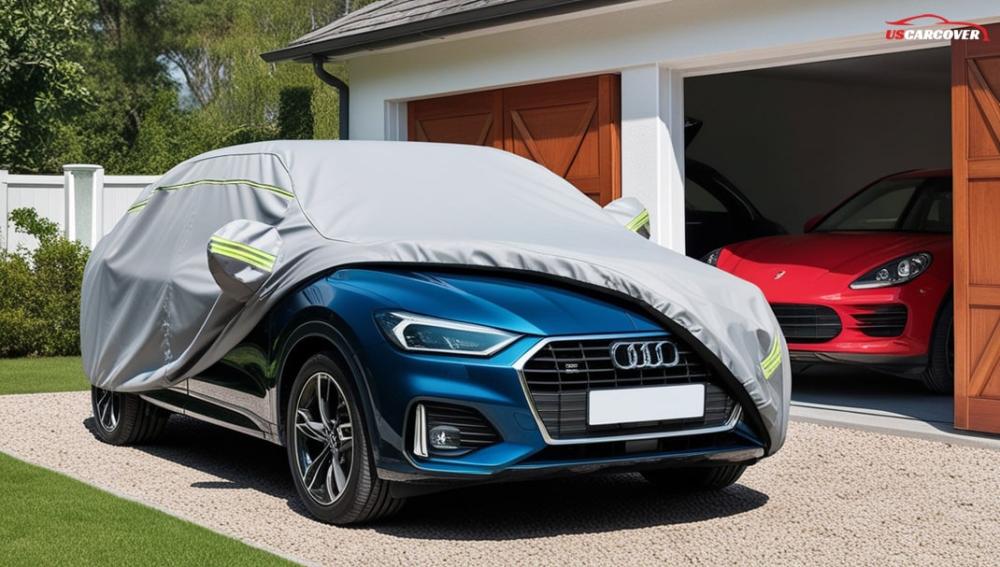
Related articles: Top Solutions for Outdoor Parking Fears: How Outdoor Car Covers Protect Your Vehicle
Recommended Brands and Models
Several brands offer high-quality car covers tailored for different needs:
- USCarCover: Known for affordable, durable car covers that fit all vehicle types and withstand all weather conditions.
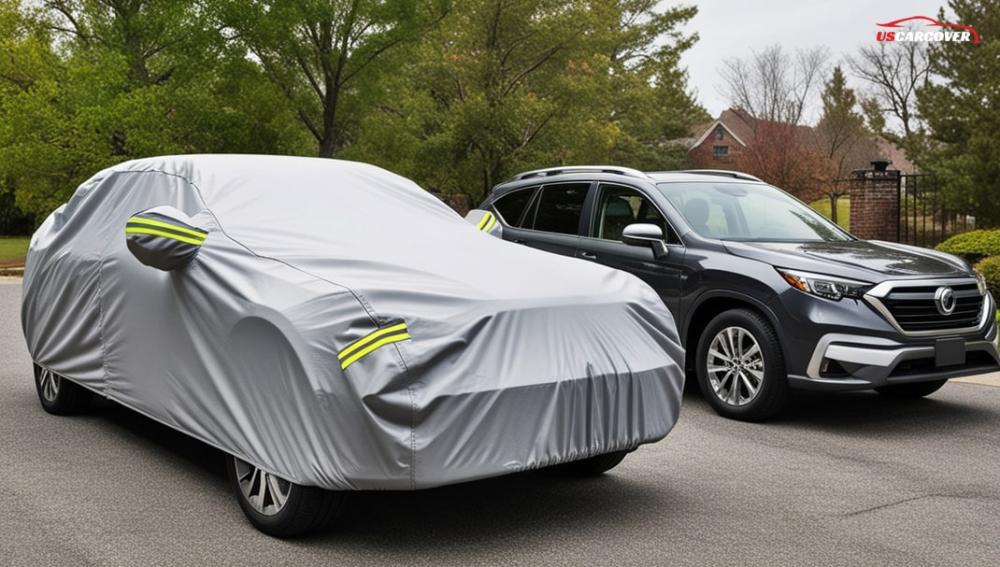
Conclusion
In conclusion, car covers are an essential investment for protecting your vehicle from a wide range of potential damage, including environmental elements, scratches, and UV rays. They not only extend the life of your car by preserving its exterior and interior but also help maintain its resale value. By choosing the right car cover based on size, material, and features, you ensure your vehicle stays in top condition for years to come. Protecting your car has never been easier or more effective than with a quality car cover.
